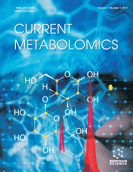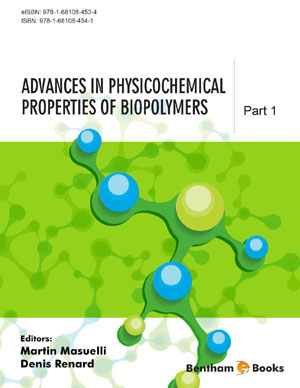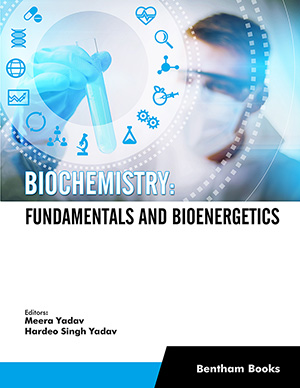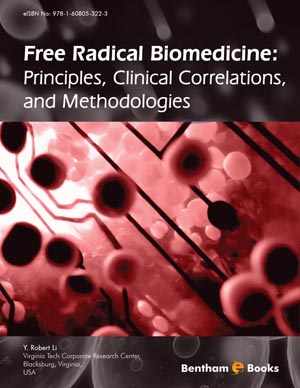Abstract
Photodynamic therapy (PDT) combines a drug or photosensitizer with a specific type of light to eradicate cancer cells. The cellular damage induced by PDT leads to activation of the DNA damage repair, which is an important factor for modulating tumor sensitivity to this treatment. β-Glucans bind complement receptor 3 on the effector cells, thereby activating them to kill tumor cells during PDT. Here, the hypothesis that adjuvant therapy with β-glucans would increase the efficacy of PDT resulting in pronounced necrosis of PDT-treated tumors and suppression of the DNA damage repair system is discussed.
Keywords: Immunotherapy, photodynamic therapy, tumor, cancer, glucan, photosensitizer, PDT, complement, CR3, cytotoxicity, NK cells, DNA, damage, repair, PCNA, anti-angiogenetic, inflammatory, response, treatment, lung carcinoma, necrosis, phagocytosis, mice.

















